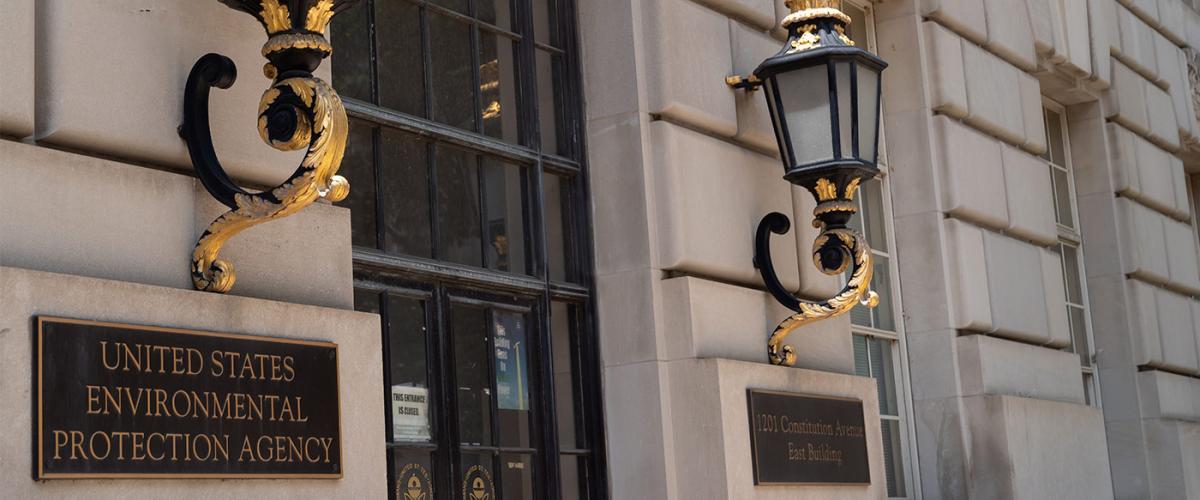Recently published law review notes and comments articles by CWRU law students have examined a range of important environmental law issues, including several with particular importance to northeast Ohio and the Great Lakes. These articles include:
The Cost of Clarity: Closing the Floodgates on WOTUS Ambiguity and the Bleak Future of Wetlands Protections by Casey E Lindstrom (LAW ‘24), in volume 74 of the Case Western Reserve Law Review, examines the implications of the Supreme Court’s decision in Sackett v. Environmental Protection Agency, for the protection of wetlands and identifies the potential for state regulation to fill gaps in wetland protection, focusing on Ohio’s protection of isolated wetlands as a case study.
The Renewable Frontier: Improving Offshore Wind Development Within the Great Lakes Through Statutory Initiatives, by Angelica Blair (LAW ‘24), in volume 74 of the Case Western Reserve Law Review, discusses the potential legal and regulatory challenges associated with offshore wind energy projects in the Great Lakes region. Blair uses Cleveland, Ohio’s Icebreaker Wind Project to explore the obstacles to offshore wind development and identify potential solutions.
Friends with Co-Benefits: Defending the EPA’s Consideration of Co-Benefits when Promulgating Clean Air Act Regulations by Casey E. Lindstrom (LAW ‘24), in volume 74 of the Case Western Reserve Law Review, argues that the Environmental Protection Agency should be allowed to consider “co-benefits”-those additional benefits a regulation may provide beyond its targeted emission reductions –when promulgating emission control regulations under the Clean Air Act.
Evaluating the Use of Mandatory Edge-of-Field Buffers as a Land Use Tool to Combat Harmful Algal Blooms by Madeline Msichler (LAW ‘23), in volume 73 of the Case Western Reserve Law Review, responds to the threat of harmful algal blooms in the Great Lakes, such as the 2014 bloom that contaminated Toledo, Ohio’s water supply. Given that fertilizer runoff is an important contributor to such blooms, this note explores mandatory riparian edge-of-field buffers as a potential policy response.
“Other Inhumane Acts of a Similar Character Intentionally Causing Great Suffering." Does Ecocide Fit within the Bounds of Crimes against Humanity? by Amanda Price (LAW ‘24) in volume 56 of the Case Western Reserve Journal of International Law examines whether crimes of “ecocide” may be prosecuted at the International Criminal Court under Article 7(1)(k) of the Rome Statute, focusing on former President of Brazil Jair Bolsonaro’s alleged destruction of the Amazon as a crime against humanity.





